Can Essential Oils Help With Breastfeeding?

Nursing your baby is not only a great way to bond with your child, but it also provides life-giving sustenance to your little one. This is why difficulties breastfeeding can be so frustrating. And while there are many natural supplements touted to help increase lactation and make nursing easier, you may be wondering if aromatherapy is one of them.
In this short guide, our aromatherapists discuss how to use essential oils safely while nursing, whether oils can improve lactation and breastfeeding and more. Read on to learn more.
Using Essential Oils Safely When Nursing
It is believed that all substances taken or inhaled by a nursing mother get passed to their baby through breast milk to some extent. It is therefore important to ensure you are using essential oils safely. When using aromatherapy and nursing, keep these factors in mind.
-
Babies' livers are underdeveloped, and therefore they don’t metabolize essential oils that well.
-
It’s estimated that 1% of the essential oil dose taken or inhaled by a nursing mother gets passed to their baby through breast milk. It’s also estimated that about 10% of the essential oil dose you apply topically gets absorbed into the skin. Therefore, if a nursing mother were to apply essential oils diluted to 10%, 1% would be absorbed into the skin and .0001% of the essential oil may be present in the mother’s breast milk.
-
While it’s unlikely that this small dose could affect your baby adversely, it’s crucial that you avoid essential oils which may be contraindicated for babies at all times, not just around the time of breastfeeding.
-
Diffuse for 30-60 minute intervals at a time and follow the diffuser manufacturer’s recommended amount of drops.
-
Try to avoid topical application over a 5% dilution.
-
Do not use essential oils on or around your infant.
-
If your baby shows signs of distress, irritability or refuses to feed after you’ve been exposed to essential oils, discontinue use of that oil while breastfeeding.
-
Do not use essential oils while breastfeeding if your baby has a serious health condition.
-
Don’t apply essential oils directly to the breast.
Essential Oils To Avoid While Breastfeeding
The following oils should not be used while breastfeeding. Please note that this is not a complete list.
-
Birch
-
Blue Cypress
-
Buchu
-
Carrot Seed
-
Cassia
-
Cinnamon Bark
-
Clary Sage
-
Fennel
-
Myrrh
-
Oregano
-
Sage
-
Star Anise
-
Vitex
-
Wintergreen
Essential Oils To Use With Caution
The following oils should be used with caution when breastfeeding. Please note that this is not a complete list.
-
Lemon Basil
-
Lemongrass
-
Lemon Tea Tree
-
Litsea
-
Melissa
How Do Essential Oils Affect Breastfeeding?
While the topic of essential oils and breastfeeding is fairly under-researched, a few studies do bring to light the effects essential oils have on nursing. Here’s what we know.
-
12 nursing mothers took 100 mg of 1,8- cineole (a component prevalent in Eucalyptus oil), then pumped 1-4 milk samples. 21 milk samples were obtained and were analyzed by a panel of 3-5 experts. 14 samples had a strong eucalyptus-like aroma. These samples then underwent chemical analysis and it was discovered that these samples contained between 70-2090 mcg of 1,8- cineole.
-
The same mothers referenced above also took 100 mg of 1,8- cineole before breastfeeding. Two mothers noted that their infants seemed agitated following their feeding and one mother noted her infant would stop feeding and look puzzled before continuing to feed.
-
In a poll, nursing mothers were asked what effects Peppermint had on lactation. 166 responses were used in the final survey. 30% of mothers noted that Peppermint oil significantly reduced their milk production while 70% said it had no effect. Those with a low milk supply following Peppermint exposure had their supply return to normal 1-3 days later after discontinuing their use of Peppermint essential oil.
These studies further elucidate that essential oils used by the mother get passed through breast milk and that certain essential oils can affect milk supply.
Can Essential Oils Help With Breastfeeding?
There is very little evidence that essential oils can increase breast milk supply, though we won’t rule this out as a possibility. In the meantime, let’s look at other ways to improve breastfeeding.
Breast Massage
Frequent breast massage offers a variety of benefits for nursing moms. Studies have shown that breast massage can help to reduce pain associated with breastfeeding, improve milk quality and suckling as well as reduce engorgement, plugged milk ducts and infection such as mastitis.
Try a daily breast massage using a high-quality carrier oil such as Shea Nut or Baobab Seed. These oils, along with Fractionated Coconut oil, can also be applied to sore nipples after breastfeeding to help heal and restore.
Fenugreek
Studies show that taking Fenugreek as a supplement can significantly improve lactation. While Fenugreek carrier oil and herb are not quite the same, it may be worth giving this oil a try to help boost lactation, along with taking the supplement with your doctor’s ok.
Use Fenugreek in a daily breast massage to try to boost lactation.
Reduce Fatigue
A study on the effects of aromatherapy on new postpartum mothers concluded that hand and forearm massage with essential oils significantly reduced fatigue and boosted relaxation, reducing the likelihood of difficulty breastfeeding.
To reduce fatigue, try a hand and forearm massage using Fatigue Fix or Lavender oil diluted to 2% in a carrier oil.
Stress Relief
Difficulties breastfeeding can be stressful and frustrating. Oftentimes, stress can also be a factor that causes challenges in nursing. To help reduce stress, try breathwork exercises, yoga and implementing stress-relieving essential oils throughout your day.
A bath with Lavender Magnolia bath salt is a great way to de-stress.
We’re Here To Support You
They say it takes a village to raise a child, and as parents ourselves, we concur! This is why we’re here to support you with things that can make your life a little easier. From self-care tips and expert advice on essential oils for babies and kids to pure Essential Oils, Room Sprays, Body Oils and more, we’ve got you covered! And if you ever have a question, we’ll be standing by with an answer.
Sources:
-
Essential Oil Safety 2nd ed. by Tisserand and Young
-
Peppermint and Breastfeeding – Results of Poll. https://tisserandinstitute.org/peppermint-and-breastfeeding-results-of-poll/
-
5 Benefits of Breast Massage. https://www.healthline.com/health/breast-massage#purpose
-
Fenugreek for Breast Milk: How This Magical Herb May Help With Supply. https://www.healthline.com/health/breastfeeding/fenugreek-breastfeeding#research
-
The Effect of Aromatherapy Treatment on Fatigue and Relaxation for Mothers during the Early Puerperal Period in Japan: A Pilot Study.
https://www.ncbi.nlm.nih.gov/pmc/articles/PMC5635556/
Grab The Essentials Here:
Leave a comment (Comments will be approved before showing up)
3 comments
Edens Garden
Hi Janet! You can learn more about using essential oils around infants here: https://www.edensgarden.com/blogs/news/aaa-can-you-use-essential-oils-around-babies
Janet
So, in summary are there any known side effects to a healthy newborn if the family is using a diffuser with your lavender oil in it? I do not see lavender on your caution list . . . it seems like lavender would be very calming if anything but I am not sure if any airborne oil mist is good for a newborn.
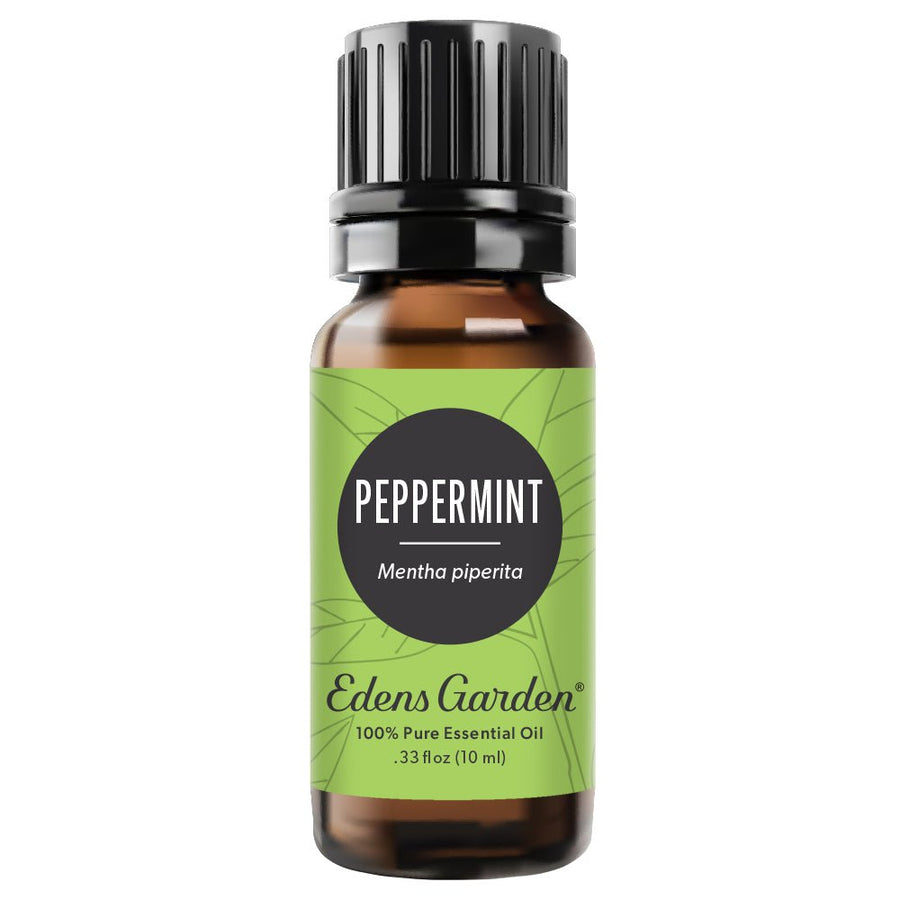

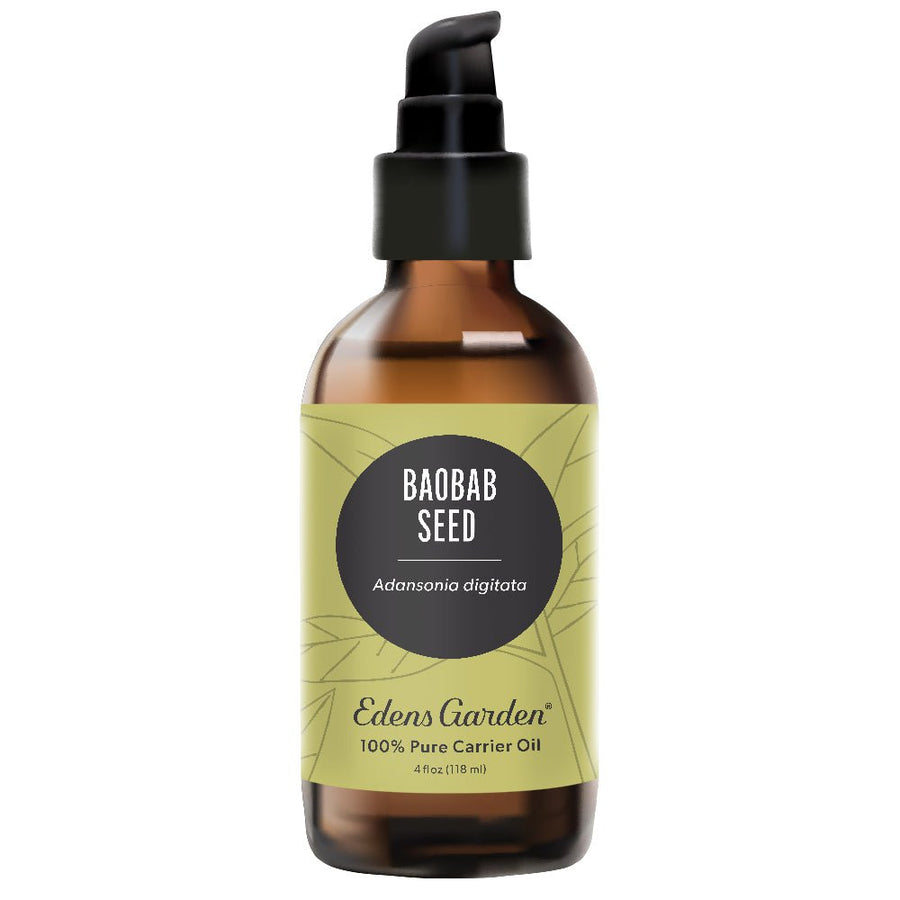
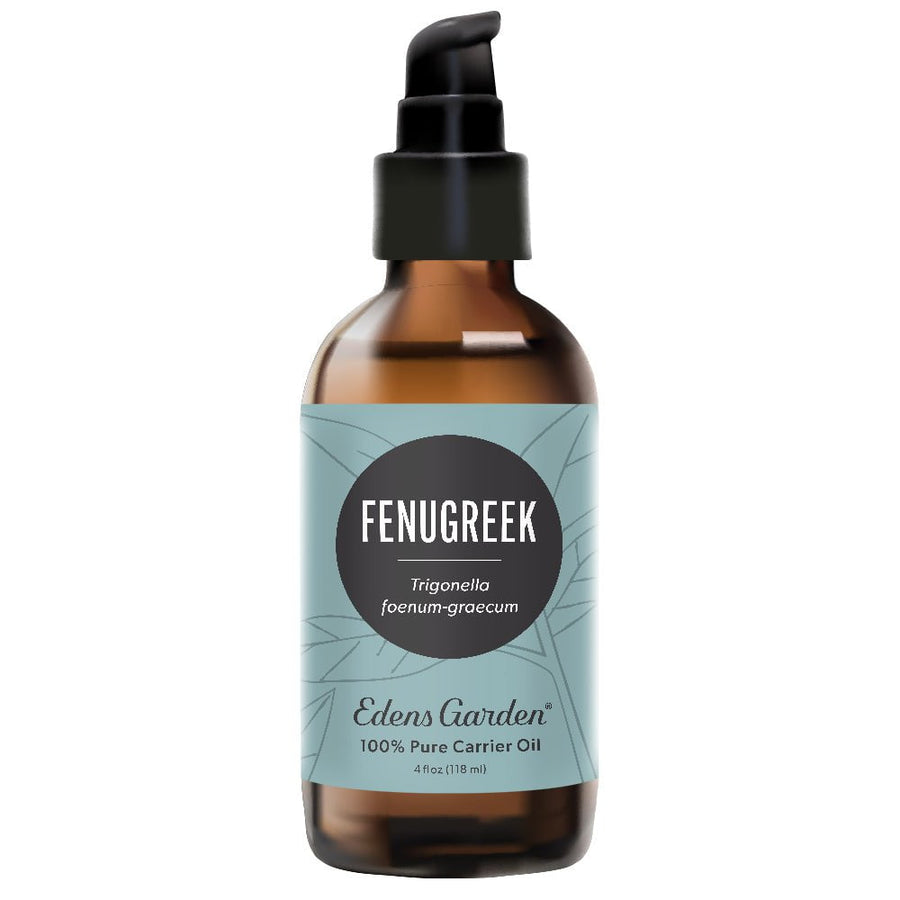
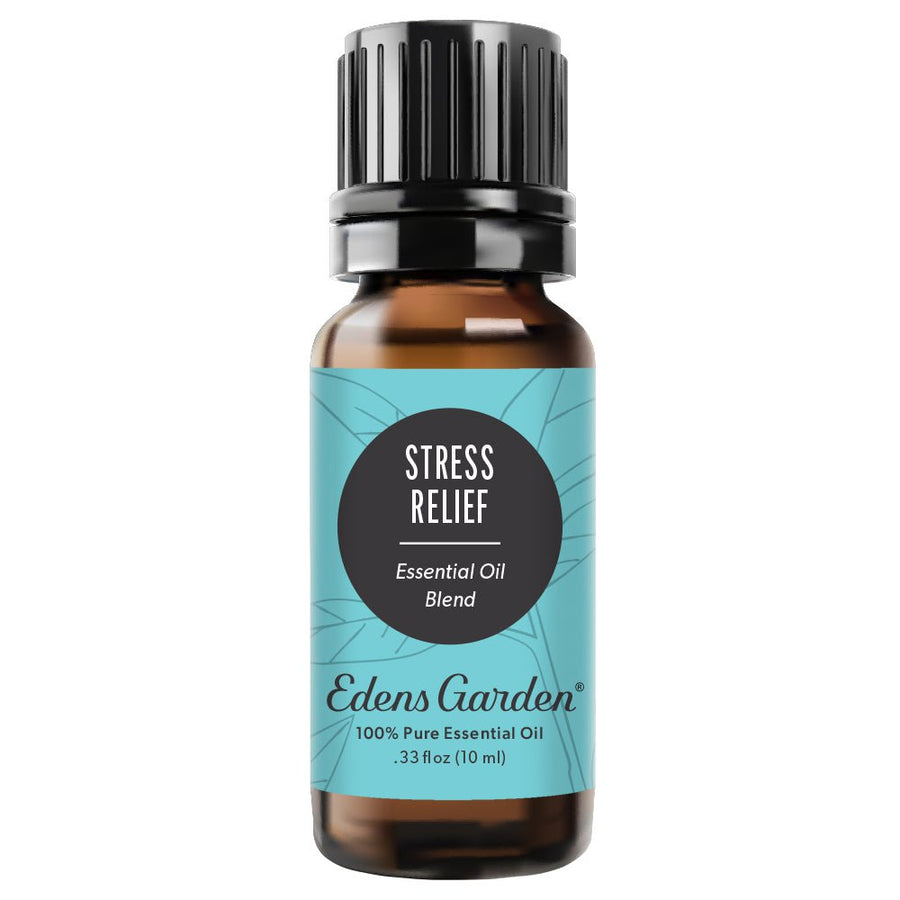
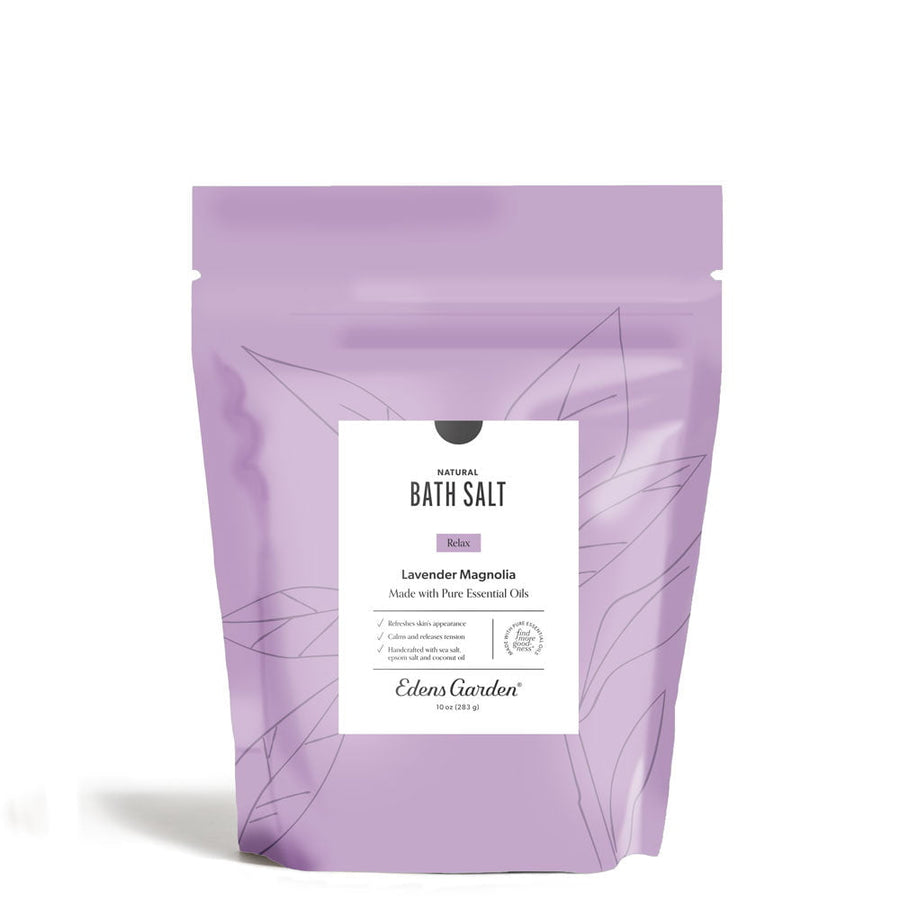




Julia
July 12, 2021 at 9:06 am
As usual, excellent, safe, scientifically-backed advice. This is why I always recommend my family, friends, and clients to you! Thank you for the amazing job you do.